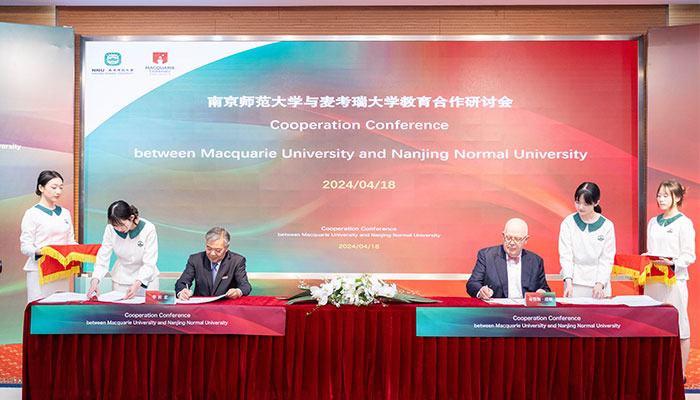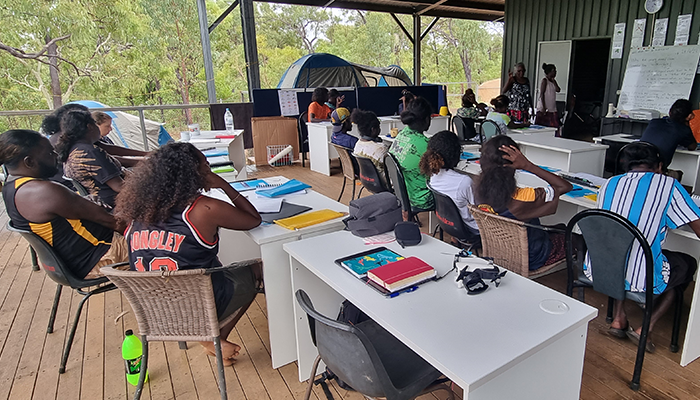- 71 per cent of Indigenous Australians agreed that social media offered a good platform for learning about and engaging in cultural practices
- 64 per cent expressed concern about sharing Indigenous culture on social media
- 88 per cent had seen racism towards Indigenous people on social media
- More than a third had personally been subjected to direct racism
- 21 per cent had received threats of violence by other users on social media
- 48 per cent indicated that social media made them feel more likely to be able to identify someone at risk of self-harm or suicide
- 79 per cent were politically active online
A new national report released today on Indigenous Australians’ social media practices has found social media plays a complex role in the lives of Indigenous people, and often differs considerably from non-Indigenous populations.
The report, ‘Social Media Mob: Being Indigenous Online’ offers insight into six key themes: Indigenous identities, online communities, practising culture, racism and violence, help-seeking, and political activism.
“Indigenous people must navigate many different tensions between the benefits and dangers of social media,” said report co-author Professor Bronwyn Carlson from the Department of Indigenous Studies.
Identity: While some Indigenous people feel more connected to their identity online, for others, ‘being Indigenous online’ is a source of anxiety. More than half are selective with what they post online out of fear that others may respond with racism or violence.
Community: Many Indigenous people consider social media “a new meeting place” for communities. But there are also concerns, as one participant explained, that “it can take away onus to engage directly, and spend time on Country”.
Culture: In a context in which there are concerns about the continuation of Indigenous cultures, social media offers new ways to practice and pass on cultural knowledge. In particular, social media facilitates new forms of ‘Sorry Business’—cultural practice around death and loss. However, these practices are also a source of tension and concern for other community members, as cultural protocols in relation to death are sometimes violated or circumvented, such as sharing images and names of the deceased.
Violence: Most Indigenous people have seen or experienced racism and violence on social media. “It is often indirect but I experience it as personal racism,” explained a young woman from Woy Woy.
Help-seeking: Through connecting users to friends, family, information sources and professional services, social media is important for both seeking help and providing help for a range of issues, including employment, housing, parenting, economic opportunities, relationship advice, wellbeing and legal services. In particular, it presents a potentially effective platform for developing culturally appropriate suicide interventions and prevention programs.
Politics: Almost all Indigenous people consider themselves politically active online, though many people choose to self-censor their views to avoid conflict.
The Australian Research Council-funded report, which includes participants from every state and territory, was conducted by Professor Carlson and Ryan Frazer.



